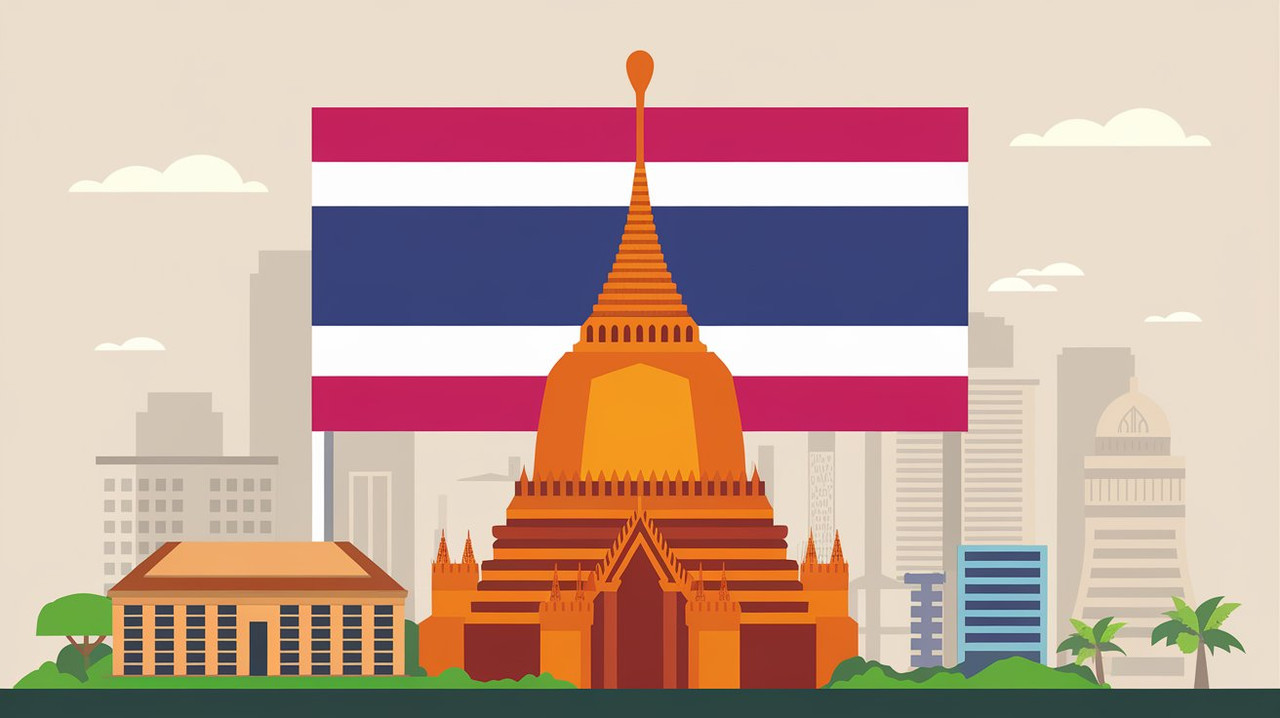As the vibrant festivities of Songkran unfold across Thailand, a stark contrast emerges in the rural heartlands where sugarcane farmers grapple with the harsh realities of an unyielding drought. The Songkran festival, traditionally marked by the exuberant splashing of water, symbolizing purification and renewal, has taken a subdued tone this year. Amidst the joyous celebrations, the plight of the sugarcane farmers casts a shadow over the nation’s agricultural sector. The drought has severely impacted sugarcane yields, with reports indicating a significant reduction in crop growth leading to a 30-50% decrease in yield in drought-prone areas. This year’s dry Songkran is a poignant reminder of the challenges faced by these farmers, who are struggling to sustain their crops and livelihoods under the scorching sun.
The sugarcane industry, a cornerstone of Thailand’s economy, is feeling the acute pressure of climate change. Extreme temperatures and erratic rainfall patterns have compounded the difficulties for farmers, particularly in the northeastern regions, which are among the most vulnerable to climate-induced poor yield and productivity. The situation is dire, with some farmers reporting up to 40% production loss due to the current drought conditions. The impact extends beyond the fields, as the ripple effects are felt throughout the supply chain, from millers to markets.
Efforts to mitigate the situation are underway, with the introduction of drought-tolerant sugarcane varieties and the adoption of sustainable agricultural practices. However, these measures are but a drop in the bucket compared to the scale of the problem. The Thai government and agricultural experts are advocating for a shift towards more water-efficient crops and a reevaluation of water management policies to ensure long-term sustainability.
As Thailand celebrates the Songkran festival with a splash, the sugarcane farmers face the irony of a water-centric celebration amidst a water crisis. The extended festivities, while boosting tourism and the economy, also highlight the stark disparity between the urban revelry and the rural struggle. The Songkran festival, now recognized by UNESCO as an Intangible Cultural Heritage, is a testament to Thailand’s rich cultural tapestry, yet it also underscores the urgent need for environmental stewardship and support for the agricultural community.
In conclusion, this year’s dry Songkran serves as a poignant reflection of the broader environmental challenges confronting Thailand and the world. As the country rejoices in its cultural heritage, it must also confront the pressing issues of climate change and resource management. The sugarcane farmers’ struggle is a clarion call for action, urging us to balance celebration with conservation, and festivity with sustainability. The future of Thailand’s agriculture, and indeed its very traditions, may depend on how well the nation can navigate these turbulent waters.



